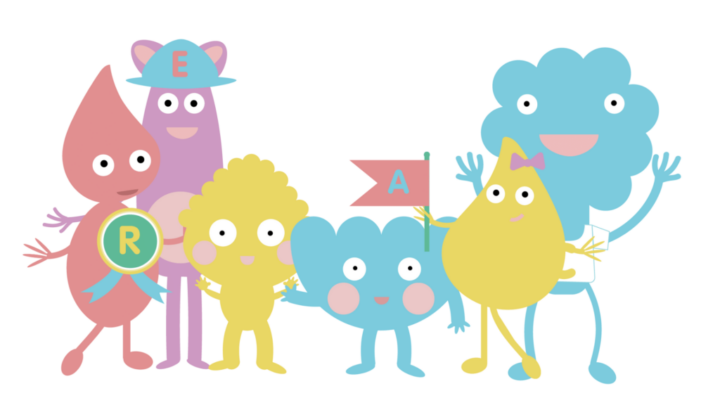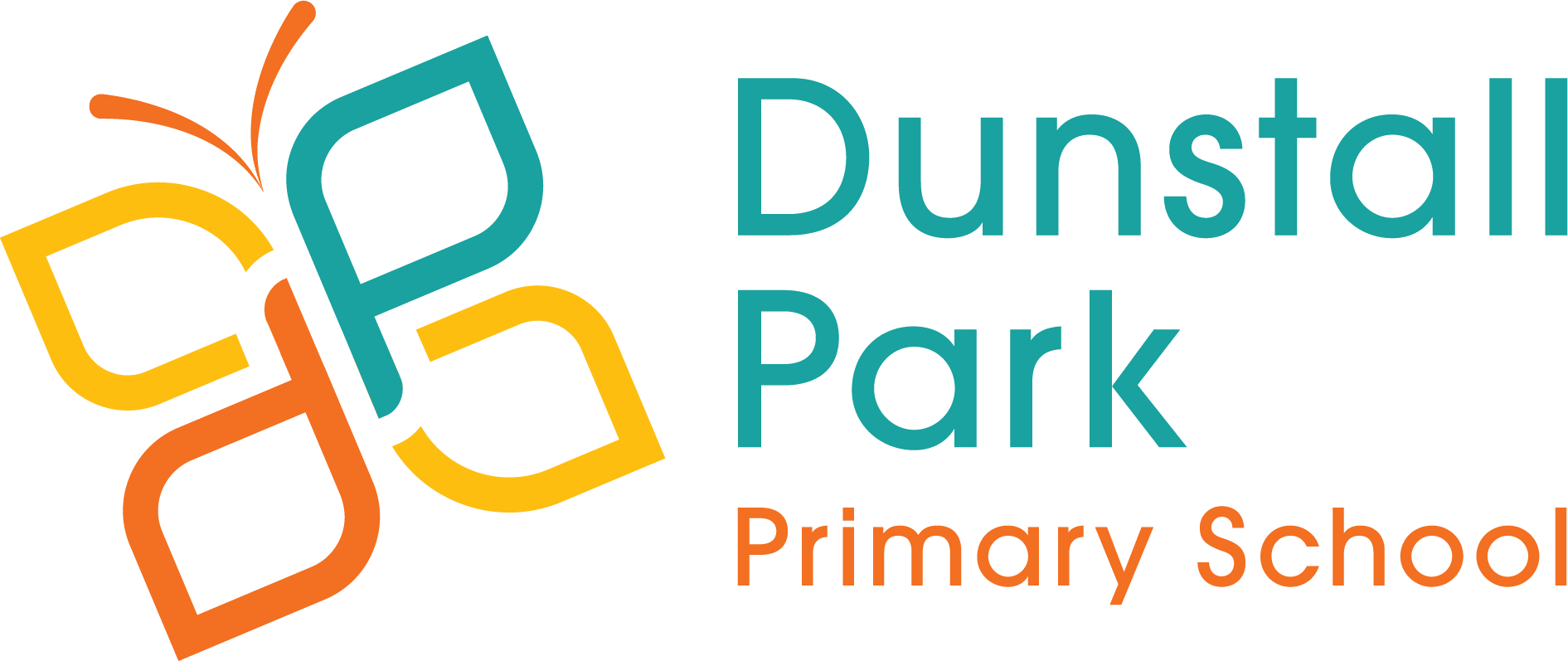My Happy Mind

We are proud to be a myHappymind school!
myHappymind is a whole school programme that teaches our children to understand how their brain works to control their thoughts and feelings. It focuses on understanding neurodevelopment and neuroplasticity in a child friendly way. It is an NHS-backed curriculum in primary schools, secondary schools, and nurseries and is focused on building resilience, self-esteem, and happiness in children. This ties in closely with our school values as well as our PSHE curriculum.

It is an award-winning programme that has received national recognition
for its exceptional work with schools, nurseries, families, and organisations
across the UK. The programme is backed by NHS and uses wellbeing strategies firmly rooted in science, research, and the fields of neuroscience and positive psychology.
Happy Breathing
One of our favourite tools to make us feel happier and settled is happy breathing. Children are taught that when we feel scared or anxious, the amygdala part of our brain takes over and stimulates our fight, flight or freeze reaction. The only way to turn this off is to bring as much oxygen as you can to your brain, so we breathe in and out slowly; this is happy breathing! Ask your child about happy breathing – they will be happy to show you!
The children work through 5 modules:
| Module | Children Learn |
| 1. Meet Your Brain | The different parts of our brain and how they help us. How to use Happy Breathing to help us when we feel sad. What happens in our brain when we learn something new and are stressed or worried. How we can look after our brain. |
| 2. Celebrate | What Character Strengths are and why they matter. How to recognise character strengths in ourselves. How understanding character strengths can make us feel. |
| 3. Appreciate | How to develop an ‘attitude of gratitude.’ How to be grateful for others, experiences and ourselves. How giving and receiving gratitude makes us feel. |
| 4. Relate | Why relating to others is so important. How ‘active listening’ can help us to build relationships with others. How to see things from a different perspective. |
| 5. Engage | Why it is important to have goals that we are passionate about. How to set our own goals. That when we feel good, we do good. |

